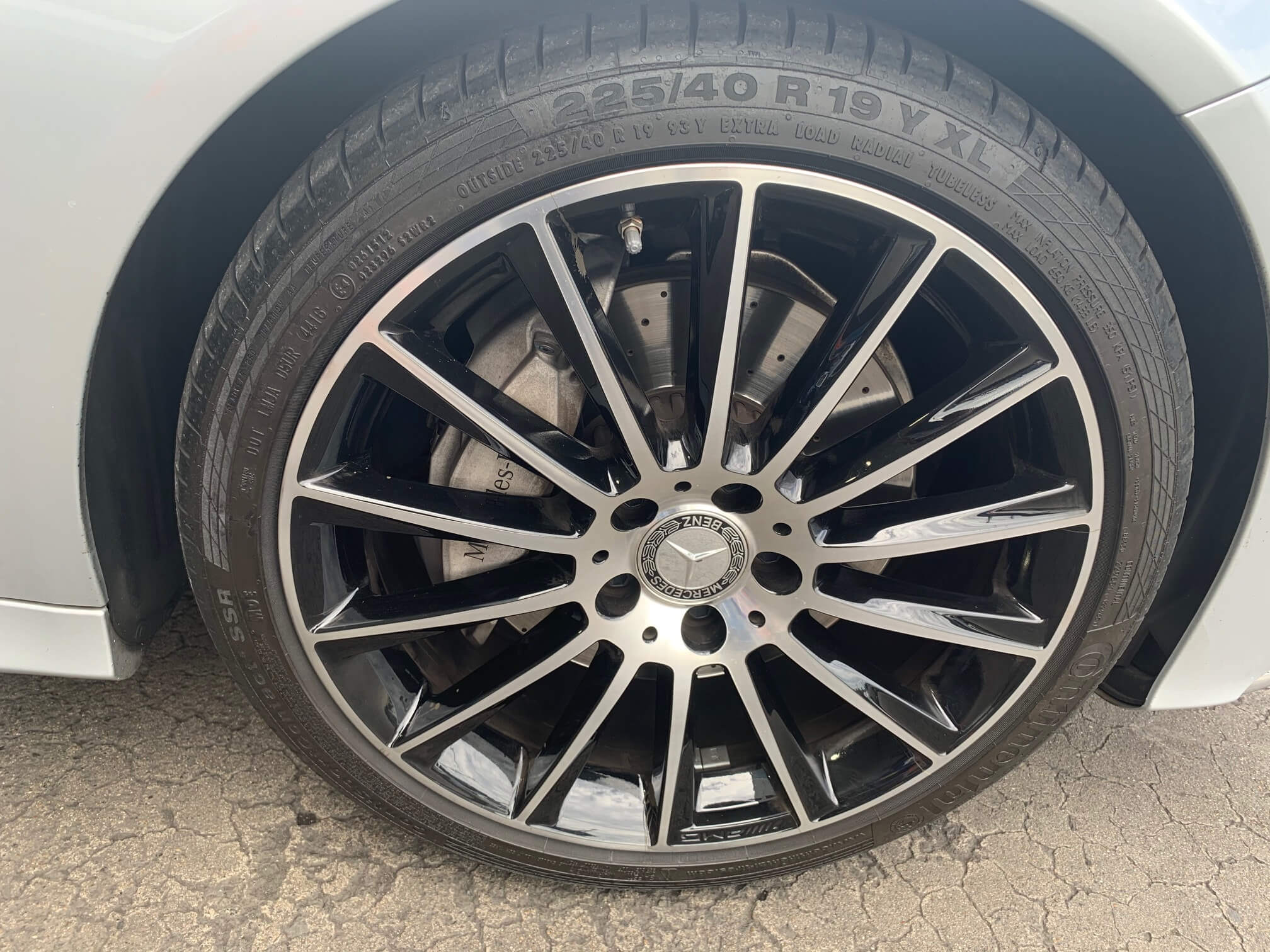Brake Safety

Brakes are one of the main safety items in your car and should be treated with respect.
Here is how it goes…
When you apply your brake pedal, the brake pads press down on the brake discs located on your wheels and slow down or stop your car.
The friction action caused by applying the brakes results in minute shavings being shed from the brake pads. The more frequently or aggressively you apply the brakes, the sooner they will need to be replaced.
It comes down your braking habits and whether you ride the brakes, stomp on the brakes or you are a gentle pedal pusher.
From 1976 brake wear warning indicators were standard on the front brakes in Mercedes Benz vehicles, so we will be talking about these vehicles.
Theo’s question to a lot of our customers is. What kind of driving do you do? Is it city stop and start driving?If so then you will probably get a further 800 kms out of your brakes. If you are driving down the Gold Coast from Brisbane every day, you will probably get up to 2000 plus kms more from your brake pads
What will happen if you ignore the warning light and hope it goes away? The brake pads will wear out and grind metal to metal and then it is too late and you will have to replace both the brake pads and discs.
It is not critical, but please don’t ignore the brake warning light or message. We are very happy for anyone with a warning light or message (brake or otherwise) to pass by here at AustStar Motors. Theo or Andrew will have a look and tell you exactly what your safe distance would be. We will ask the question… are you travelling up Mt Tamborine everyday or just doing local driving ? If you do 500 kms a week doing your local driving then you have approximately 3 weeks up your sleeve before it’s imperative that we replace the pads. Some customers, for peace of mind, book their car in straight away, to have the brake pads replaced as that is okay also.
Average cost for front brake pad replacement for most C Class sedans, is approximately $340. Rear brake pads are a little bit less. SUVs, MLs, GLs, are approximately $70 more expensive. AMG cars are totally different. It os best to call us or email us with your Model, Year and Vin number and we will be happy to give you an estimate on the replacement.
Normally, the wear ratio for brake pads and brake discs, is 2 sets of pads to 1 set of discs. This again depends on the way the vehicle is driven. In our experience, most A, B and C Class models will need brake discs replaced at approximately 40000 kms.
Mercedes Benz vehicles have superior safety systems such as distronic which senses the car in front of you and automatically slows your car to avoid a collision. You might be distracted and the car senses that you are not reducing your speed to that of the speed of the car in front of you with better reaction time that is humanly possible.
It is a great feature but compromises the brakes because it brakes for you.
As a side note, you can set the distronic, for one car space or say 3 car spaces if you would like to have it slow the car with more space between. It is set similar to how cruise control is set. If you would like more information, have a chat with Theo.
By all means, please do not hesitate to call us and speak to Theo or Andrew if you have any questions in relation to your brakes. We are always here to help.


